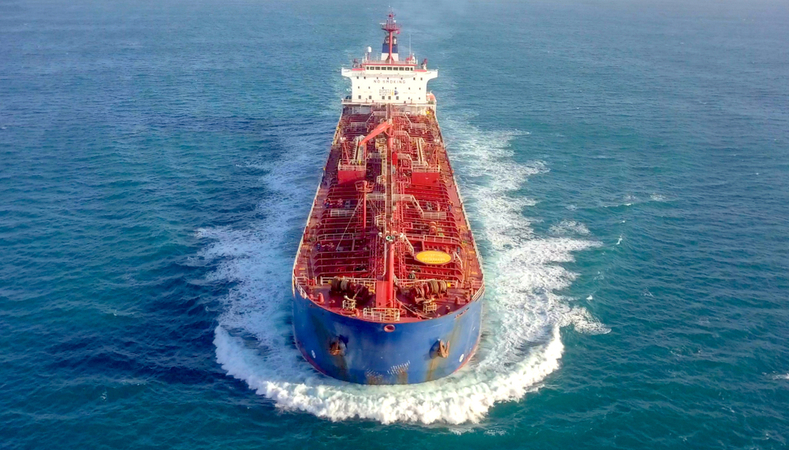Oil tankers hijacked in the Gulf, malevolent action by Iran

Amidst the flurry of rumors, suspected hijackings of ships, alleged Tehran militiamen armed on board, and veiled threats, one thing is sure: the tension in the Persian Gulf is growing severely. And the consequences, in this very intricate geopolitical risk, could be of any kind.
Yesterday afternoon something strange happened about 90 km off the Emirate of Fujairah, in the Gulf of Oman, where about 40 percent of the world’s oil passes along with that of Hormuz. Almost simultaneously, at least six oil tankers “lost control,” that is, they could no longer move: the Golden Brilliant flying the Singapore flag, the Velos Forza (Marshall Islands), Abyss (Vietnam), Khamdenu (Cook Islands), Queen Ematha( Guyana), the Jag Pooja (India) and above all the Panama oil tanker Asphalt Princess, of the company Prime Tankers LLC. Which already in 2019 had a boat seized by Iran.
The Asphalt Princess would have been the subject of a “potential hijacking.” The alarm was raised by the United Kingdom Maritime Trade Operations military authority, which is also stationed in the Gulf of Oman and is part of the British Defense. According to Royal Navy sources, “at least eight armed men would have boarded” the tanker. The fate of the commander and crew is uncertain. “These are alarming rumors,” says the White House, which, however, did not confirm the hijacking until last night.
The fear, or suspicion, is that Iran or its unofficial militias orchestrated the possible attack. In the immediate future, Tehran denied, calling these reconstructions “very suspicious,” “designed to put Iran in a bad light.” But the context is worrying. It would certainly not be the first time Tehran has applied the law of retaliation in the seas. Two years ago, for example, she had taken possession of the Stena Impero ship in Hormuz in retaliation for the seizure, in the Strait of Gibraltar by the British, of an Iranian maxi tanker suspected of trafficking crude oil to Syria despite international sanctions. Then other incidents last January and July, with South American and American ships.
This time, the revenge may have been triggered – conditionally obligatory – by the latest joint reaction of Israel, the US, and the United Kingdom against Tehran. First, a unanimous condemnation, with threats of new sanctions, after the attack by an “Iranian” kamikaze drone – but Tehran denies – last July 29 to another oil tanker, the Mercer Street of the Israeli company Zodiac Maritime, also in the Gulf of Oman. Two victims: a British citizen and a Romanian citizen.
The rest doesn’t help. And not just because Israel heavily blames Iran and the US is out of the nuclear deal, unlike London. Just yesterday, the new president Ebrahim Raisi took office, an ultra-conservative hawk, called “the butcher of Tehran” who could now make Iran increasingly hostile. He and Supreme Leader Khamenei attacked “Iran’s foreign enemies” several times yesterday.
Faisal bin Farhan Al Saud, Foreign Minister of Saudi Arabia (Tehran’s sworn enemy), said yesterday that “Iran feels more and more encouraged to carry out extremely hostile actions.” While the new Israeli Prime Minister Naftali Bennett, who has placed enormous pressure on London in the last few hours to increase the confrontation with Tehran, warns that Israel can act alone against Iran if necessary. “The time of impunity is over. Those who threaten our security are well aware of the price to pay”. Unfortunately, we could be just at the beginning of something much worse.




